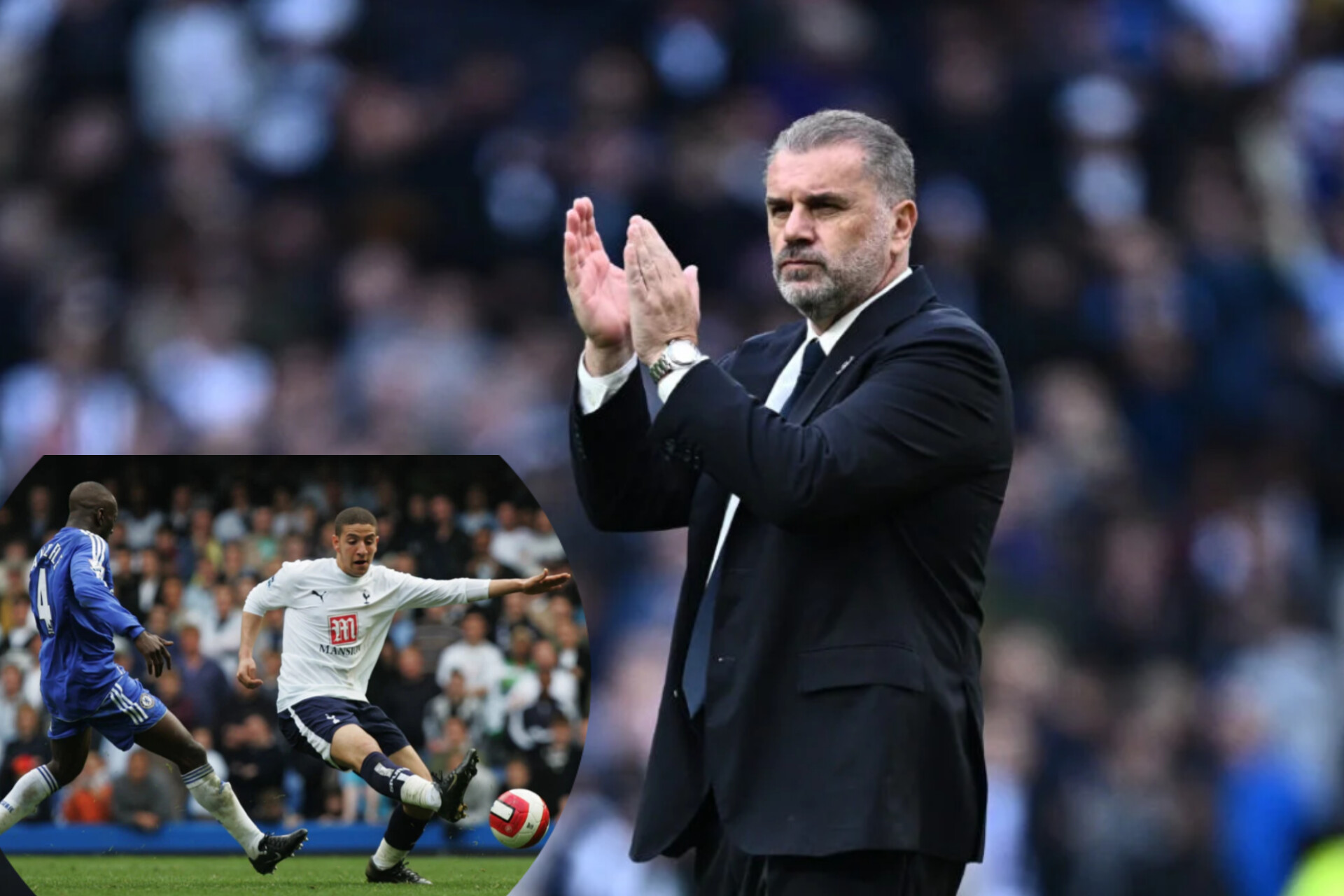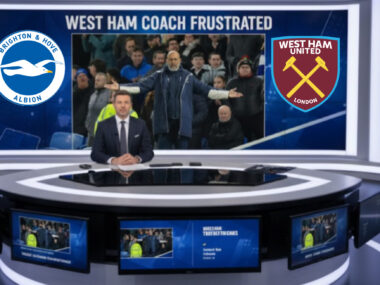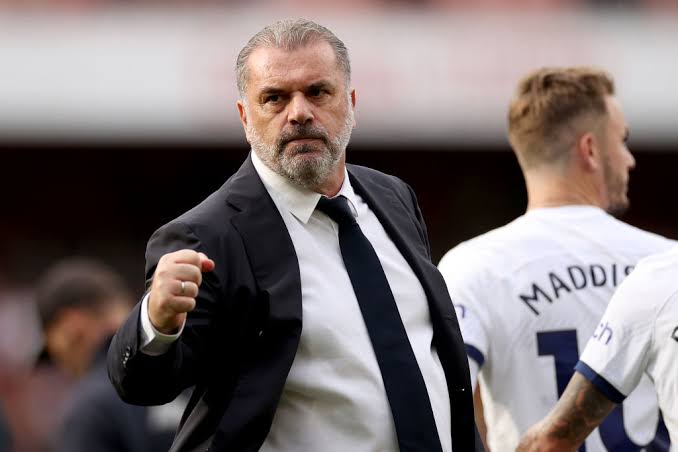A significant tactical maneuver marked Tottenham’s Premier League encounter with West Ham on Saturday, as manager Ange Postecoglou made a bold half-time decision regarding one of his key players. The Australian tactician’s choice to withdraw James Maddison at the interval, replacing him with the more defensively-oriented Pape Matar Sarr, raised eyebrows throughout the football community, particularly given the delicate balance of the 1-1 scoreline and the conventional wisdom of maintaining attacking options in home fixtures.
The substitution immediately sparked speculation about Maddison’s fitness status, with many observers initially assuming an injury must have precipitated such an unexpected change. However, TNT Sports commentator Darren Fletcher quickly dispelled these concerns, revealing information from his sources that the switch was purely tactical in nature. This insight was particularly interesting given Maddison’s established role as Spurs’ primary creative force this season.
Ally McCoist, providing expert analysis alongside Fletcher, offered support for Postecoglou’s decision, noting Maddison’s subdued influence on the game up to that point. The statistical narrative of Maddison’s performance presents an intriguing paradox: while the raw numbers suggest a productive outing, including an assist for Kulusevski’s goal and an impressive tally of five key passes, deeper analysis reveals a more nuanced picture. Many of these creative contributions came from set-piece situations, particularly corner kicks, rather than the influential open-play involvement typically associated with Maddison’s game.
The wisdom of Postecoglou’s decision was ultimately vindicated by the subsequent flow of the match. Within just ten minutes of Maddison’s departure, Tottenham experienced a remarkable offensive surge, finding the net three times in quick succession. This dramatic turn of events suggested that the tactical reshuffle had successfully addressed whatever limitations Postecoglou had identified in his team’s first-half performance.
The episode serves as an interesting footnote in Maddison’s season, which has generally drawn considerable praise. While this particular performance might not rank among his most memorable contributions, it demonstrates Postecoglou’s willingness to make bold tactical adjustments, even if they involve withdrawing such a pivotal player. The manager’s proactive approach, combined with the subsequent positive outcome, offers a compelling example of effective in-game management at the highest level.






